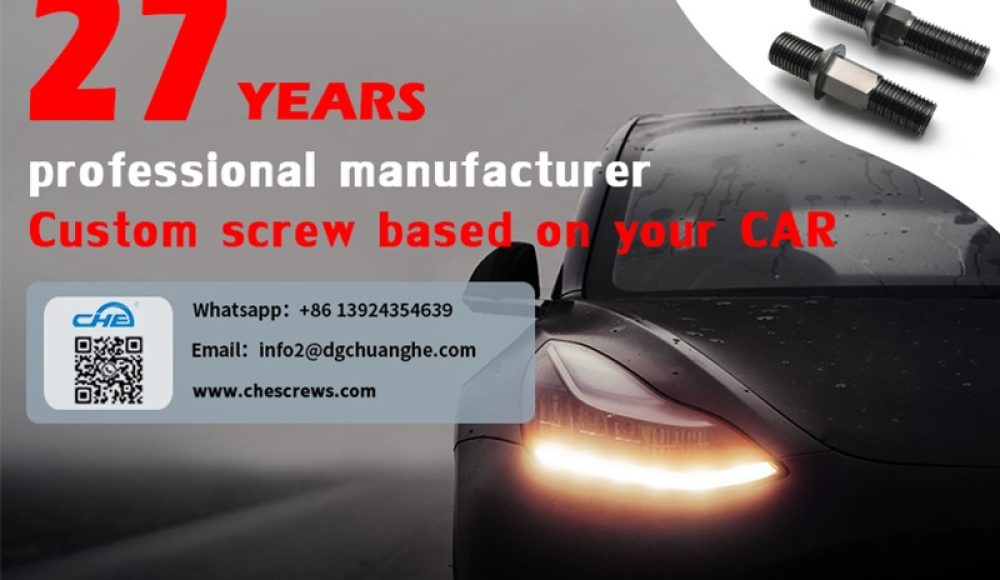Automotive headlights, a beacon of safety and design, are meticulously crafted systems that rely on a myriad of components for optimal performance. At the heart of this illumination lies a crucial yet often overlooked aspect – the fasteners. This article delves into the world of automotive headlight fasteners, Explorer leurs types, functions, material considerations, and the impact of these components on safety, performance, and design.

The Foundation: Understanding Automotive Headlight Fasteners
Definition of automotive headlight fasteners
Definition of automotive headlight fasteners.
Overview of their role in securing and optimizing headlight components.
The critical nature of proper fastening for headlight performance and safety.
Types of Headlight Fasteners and Their Functions
Vis: Securing headlight assemblies and adjusting beams.
Clips and Retainers: Holding various components in place.
Bolts and Nuts: Anchoring headlight structures to the vehicle.
Adhesive Fasteners: Utilized in certain headlight designs.
Specialty Fasteners: Unique solutions for specific headlight designs.
Material Considerations for Headlight Fasteners
Acier: Common material for its strength and durability.
Acier inoxydable: Resistant to corrosion, suitable for exposed areas.
Plastics and Polymers are used in lightweight and non-structural components.
Aluminium: Balancing strength and weight reduction.
Advanced Materials: Emerging technologies and their applications in headlight fasteners.
The Impact on Safety and Performance
Stability and Alignment: How proper fastening ensures consistent headlight alignment.
Vibration Resistance: Prevents misalignment and flickering due to road vibrations.
Heat Dissipation: Important in high-performance headlights to maintain optimal temperature.
Corrosion Resistance: Extending the lifespan of fasteners in challenging environmental conditions.
Design Considerations and Aesthetics
Impact on Headlight Design: How fasteners influence the overall aesthetic.
Integration with Vehicle Design: Balancing functionality with the vehicle’s visual appeal.
Technological Advancements in Headlight Fasteners
Precision Engineering: Advancements in design and manufacturing.
Smart Fasteners: Integration of technology for improved functionality.
3D Impression: Transforming the manufacturing landscape for customized fasteners.
Safety Standards and Regulations
Compliance with Automotive Safety Standards: Ensuring headlight fasteners meet safety regulations.
The Role in Preventing Accidents: Importance of proper fastening in avoiding malfunction-related accidents.
Environmental Considerations
Sustainable Materials: The shift towards eco-friendly options.
Disposal and Recycling: Addressing the environmental impact of headlight fasteners.
Case Studies: Exemplifying Excellence in Headlight Fastener Innovation
Examining specific automotive models with innovative headlight fastener solutions.
Highlighting the impact on safety, performance, and user experience.
Future Trends in Headlight Fastener Technology
Predictions for advancements in materials, design, and manufacturing processes.
The role of artificial intelligence and smart technologies in future headlight fastener systems.
Conclusion
In conclusion, automotive headlight fasteners, though seemingly modest, are indispensable components in the intricate world of automotive engineering. From ensuring safety and performance to influencing design aesthetics, these fasteners play a pivotal role in the continued evolution of automotive headlight systems. As technology advances and environmental considerations become more prominent, the world of headlight fasteners is poised for further innovation, contributing to the brilliance that illuminates our roads and enhances our driving experience.




